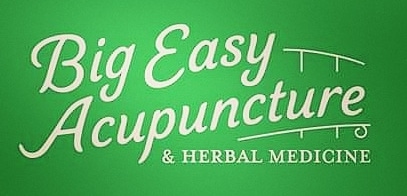
In our busy lives, it’s easy to underestimate the silent, vital role water plays. We often think of hydration as something necessary only when we’re exercising or sweating profusely. But hydration is critical to everyday health, affecting nearly every system in our bodies. continue reading






